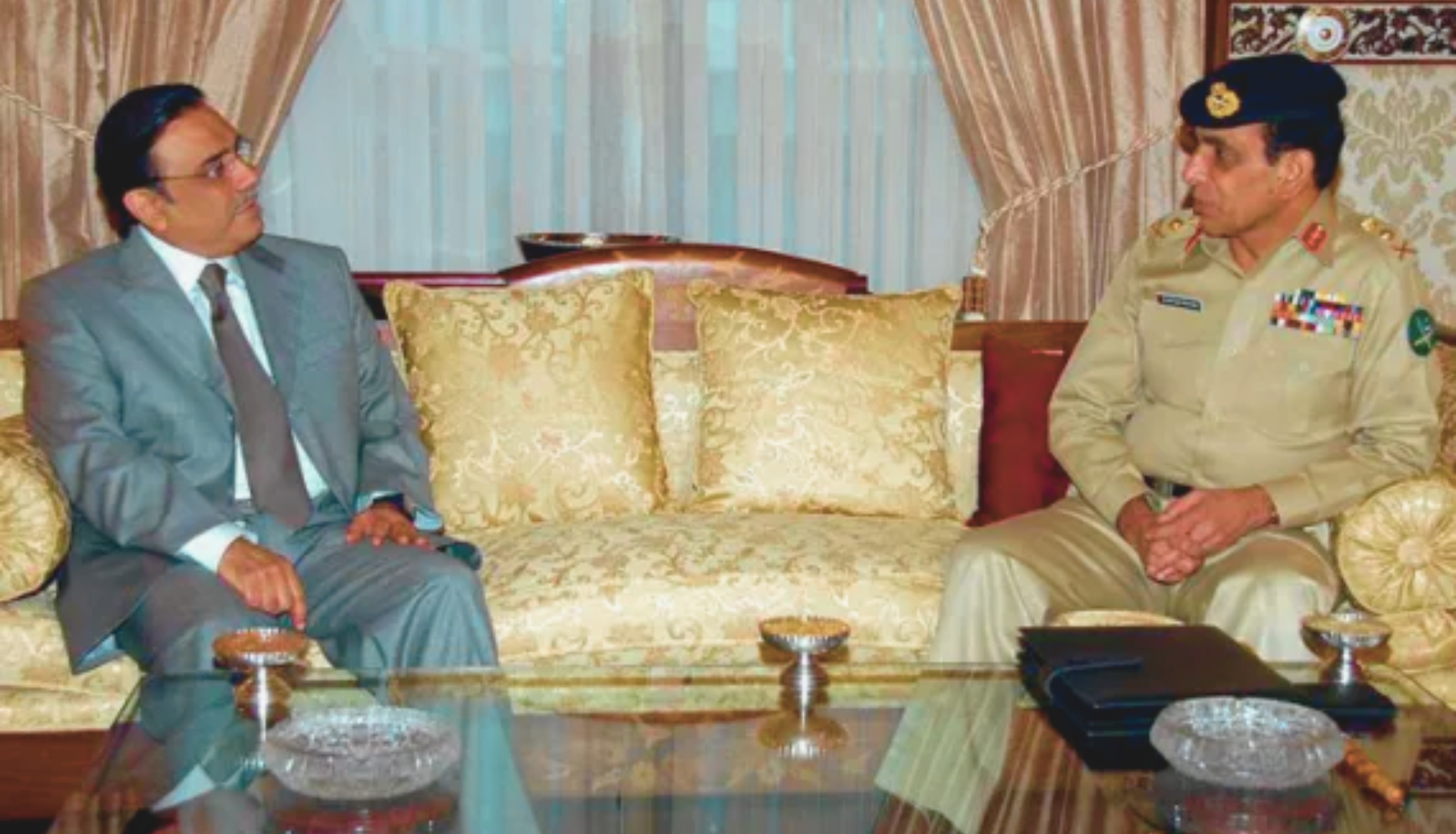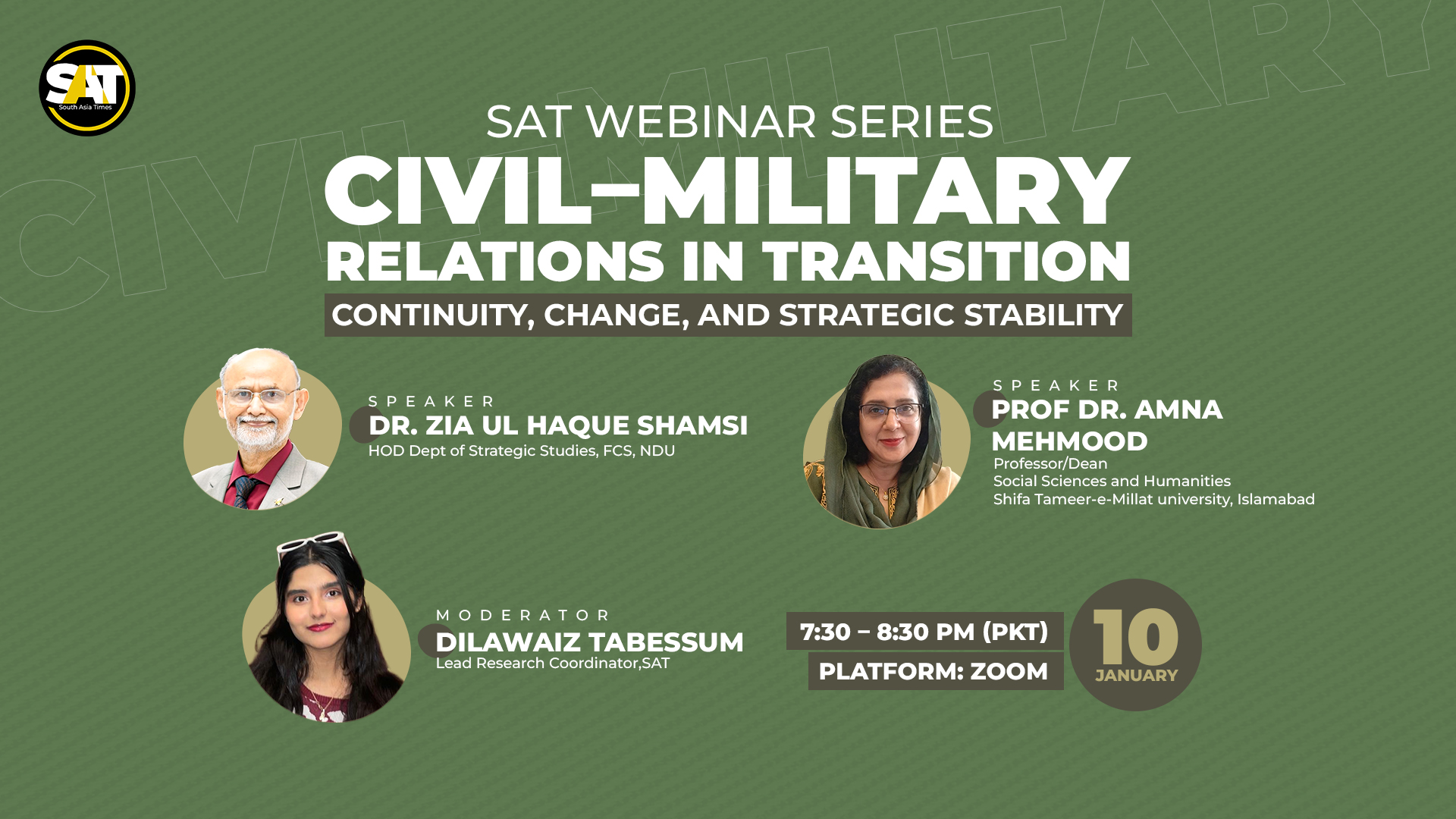A Pakistan Air Force (PAF) contingent has landed at King Abdul Aziz Air Base in Saudi Arabia to join the multinational aerial combat exercise, “Spears of Victory-2025.” The team includes JF-17 Thunder Block-III fighter jets, supported by air and ground crews.
Demonstrating advanced operational capabilities, the JF-17s completed a non-stop flight from Pakistan to Saudi Arabia with in-flight air-to-air refueling, highlighting their long-range deployment potential.
Also See: Bridging Borders: Pakistan’s Strategic Ties with Saudi Arabia and Iran
During the exercise, PAF pilots will operate JF-17s equipped with AESA radar and extended-range BVR systems, competing against diverse and sophisticated combat aircraft from several nations. Participating countries include Saudi Arabia, Bahrain, France, Greece, Qatar, the UAE, the UK, the USA, and Pakistan.
Organized by the Royal Saudi Air Force, this marks the fifth cycle of the “Spears of Victory” exercise. The event focuses on enhancing interoperability among participating air forces, addressing advancements in airpower technology, and tackling shared aerial defense challenges.
PAF’s participation underscores its commitment to regional and international cooperation while showcasing its ability to perform in complex and diverse operational environments alongside global air forces. The exercise offers an invaluable platform for fostering collaboration and sharing expertise in modern aerial combat strategies.
This news is sourced from ProPakistani and is intended for informational purposes only.

![PAF joins "Spears of Victory-2025" exercise in Saudi Arabia, showcasing JF-17 Thunder's capabilities in multinational air drills. [Image via ProPakistani]](https://southasiatimes.org/wp-content/uploads/2025/01/JF-17-Thunder.jpg.webp)




